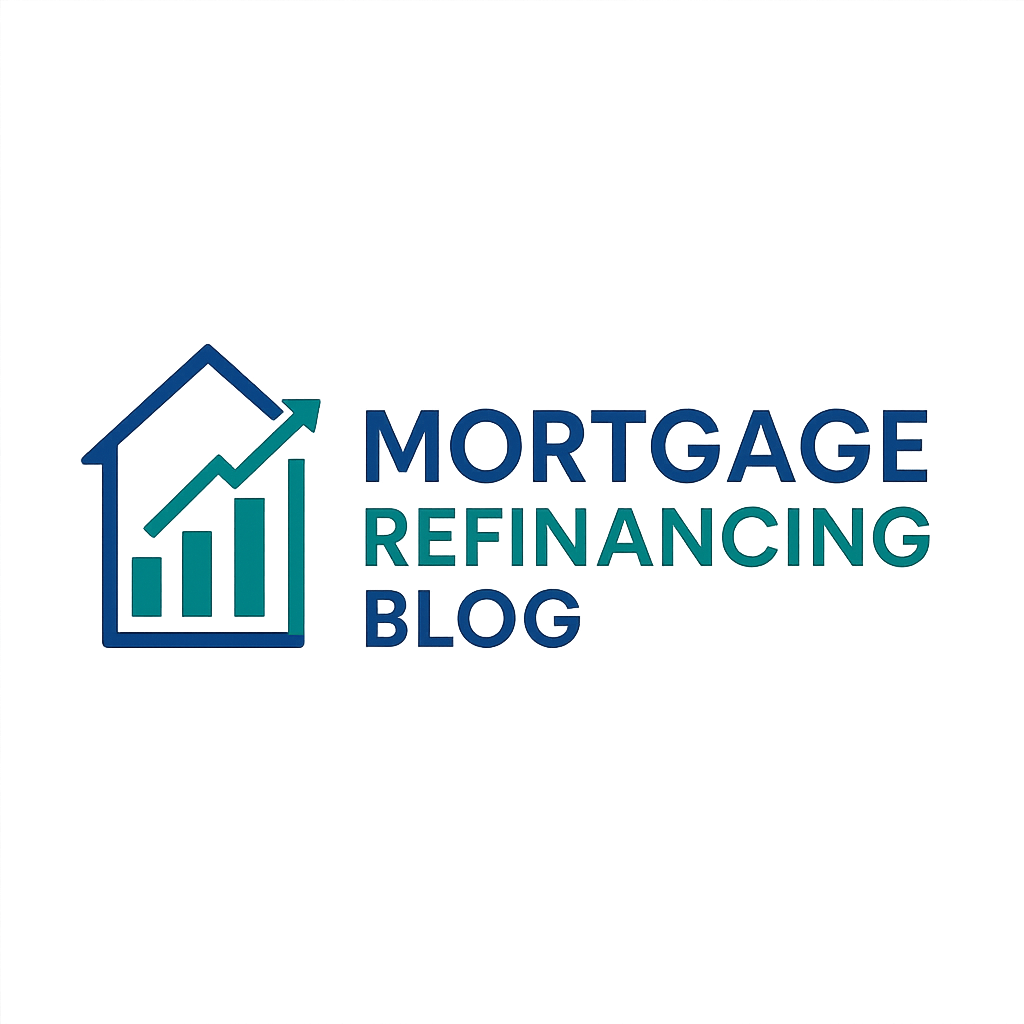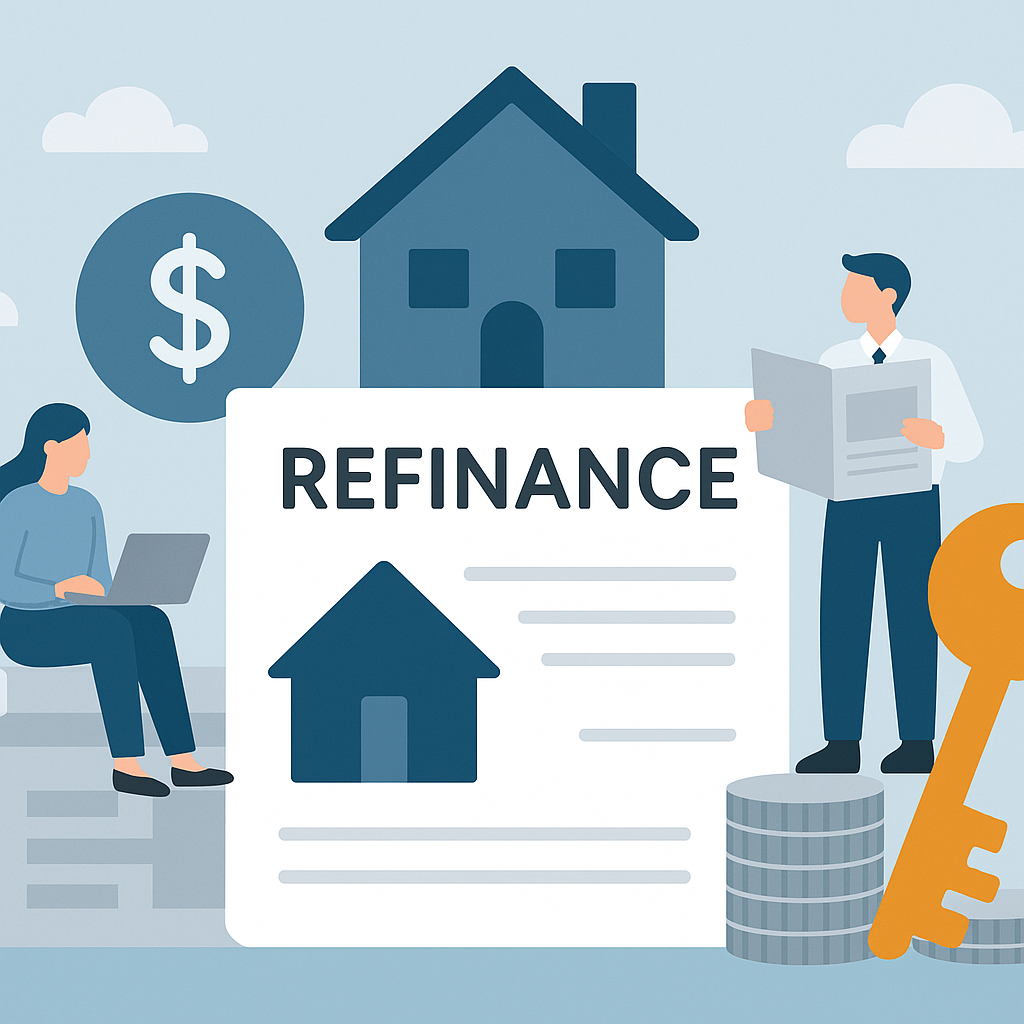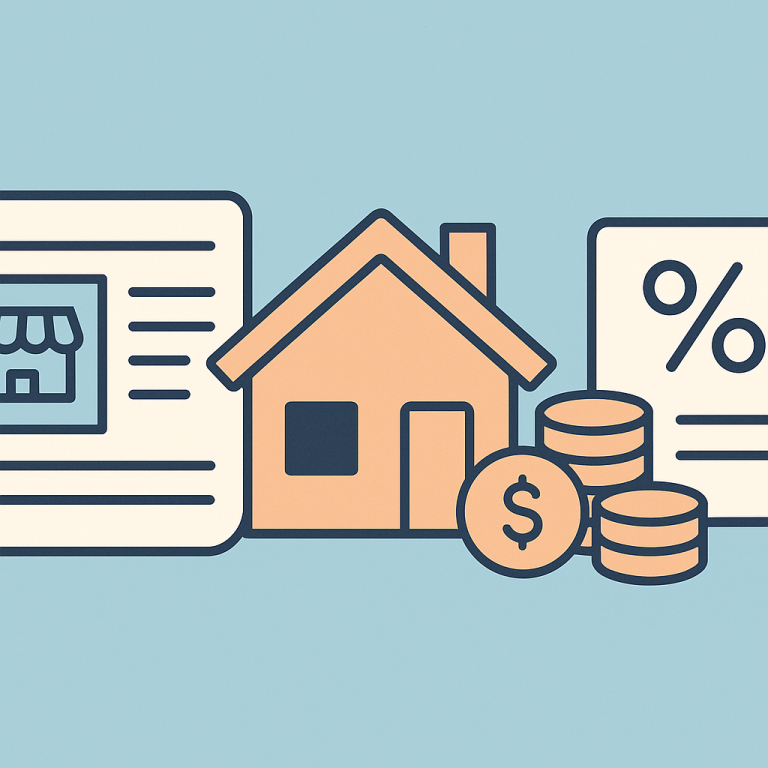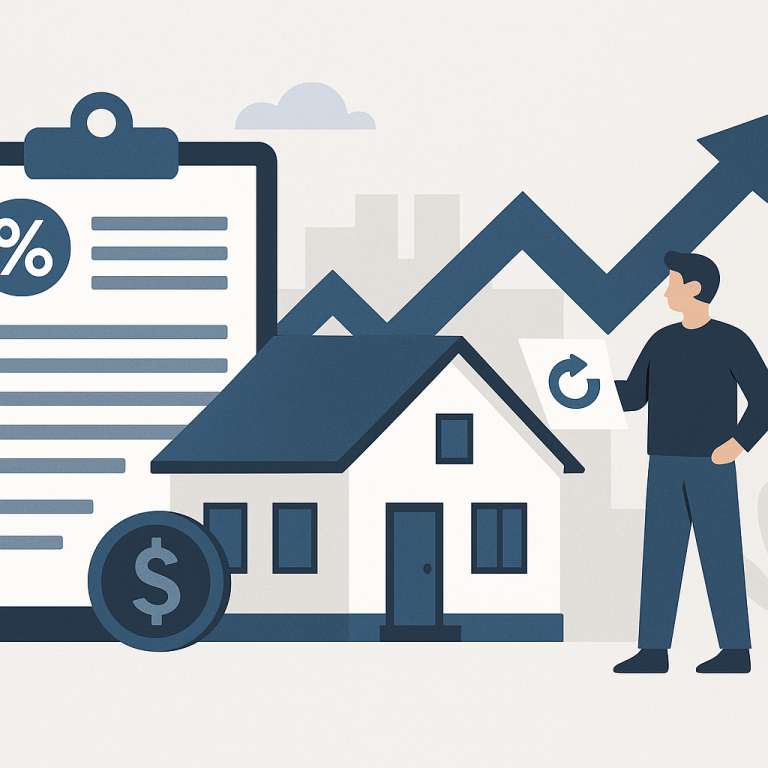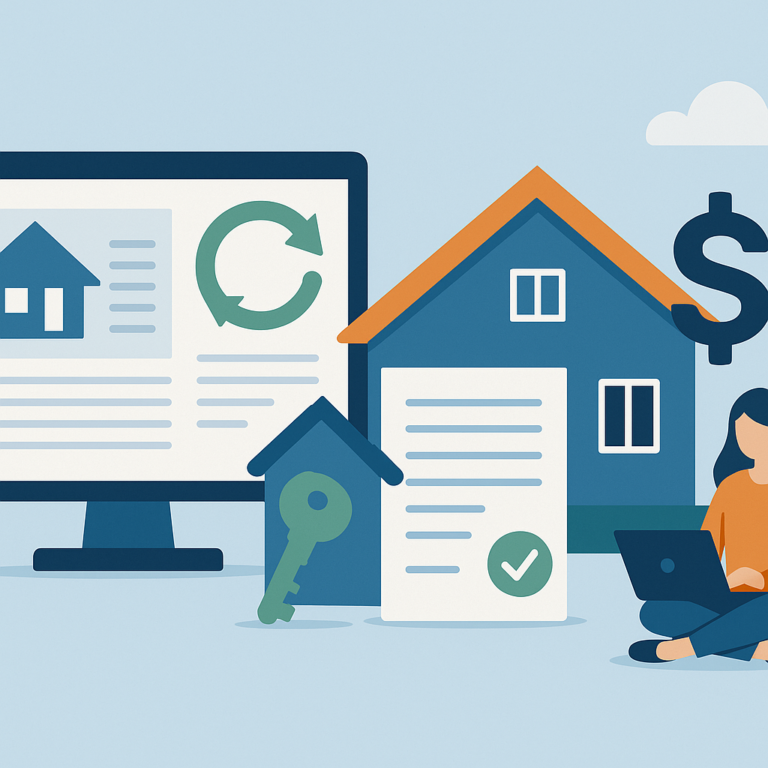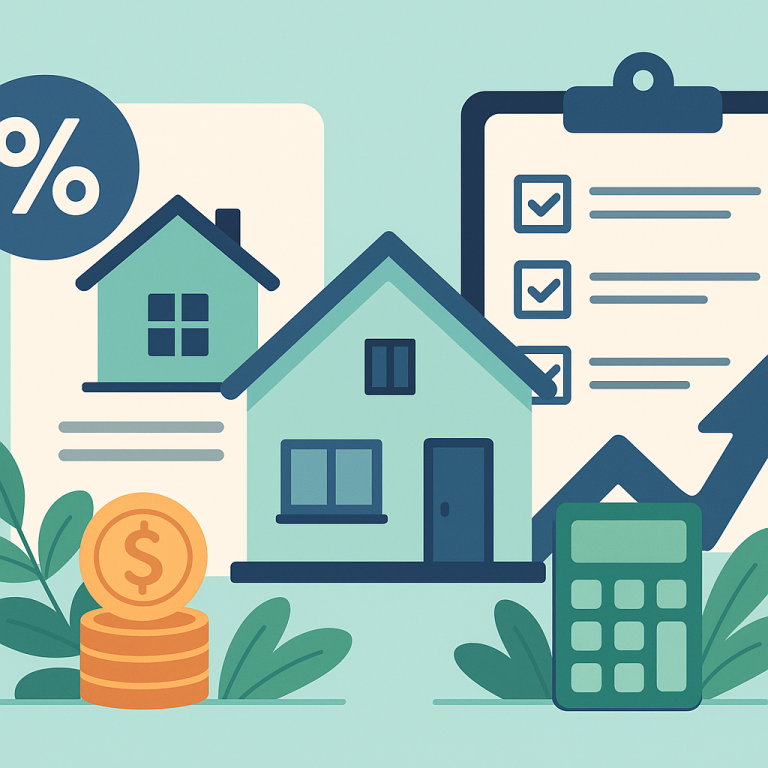30-Year Mortgage Refinance Rates Drop 0.25% After Fed Signals Policy Pause
At a glance: The latest mortgage rate drop and how it could affect refinancing decisions.
Mortgage rates have moved lower. That can improve affordability and may reopen refinance options for borrowers whose current rate is above today’s quotes.
What the Rate Drop Means for Borrowers
Mortgage refinancing activity has shown renewed interest as long-term interest rates stabilize after periods of volatility. For many homeowners, the decision to refinance now centers on whether a new loan can meaningfully lower monthly payments, shorten the amortization period, or unlock home equity without creating undue cost or risk.
Why homeowners are reconsidering refinancing
Recent market conditions have created a window where forward-looking borrowers see potential value in refinancing. Slower rate movements and improved clarity around monetary policy reduce one source of uncertainty, while accumulated home equity among many borrowers increases the set of viable refinance options. Lenders have also adjusted offerings, making certain loan types more accessible than during peak volatility.
Key factors to evaluate before refinancing
Refinancing is a trade-off between upfront costs and future savings. Homeowners should assess several core elements before deciding:
- Cost of refinancing: Typical fees and closing costs can offset short-term savings, so calculating the break-even period is essential.
- Loan term and monthly payment: A lower rate can reduce payments, but extending the loan term could increase lifetime interest even if monthly costs fall.
- Equity and loan-to-value (LTV): Sufficient equity can improve access to lower rates or eliminate private mortgage insurance, while limited equity may restrict options.
- Credit profile: Current credit scores and debt-to-income ratios influence rate offers; a recent improvement in credit can yield better terms.
Cash-out vs. rate-and-term refinancing
Borrowers primarily seeking lower payments typically pursue rate-and-term refinancing. Those who want to access home equity may opt for cash-out refinancing or a home equity loan. Cash-out transactions raise the loan balance and can affect monthly payments and LTV; they are best evaluated with a clear plan for the funds and an understanding of the long-term impact on housing costs.
Practical steps for homeowners
To make an informed choice, homeowners should gather current mortgage statements, recent credit reports, and documentation of income and assets. Shopping multiple lenders or working with a broker can reveal competitive pricing and fee structures. Compare annual percentage rate (APR), not just the interest rate, to capture the total cost of borrowing. Also consider whether to lock a rate during the underwriting process to protect against short-term market moves.
When refinancing may not make sense
Refinancing is less attractive if the break-even period exceeds the homeowner’s expected time in the property, if closing costs are prohibitive relative to likely savings, or if the refinance would stretch finances by increasing monthly obligations. Borrowers nearing payoff on an existing mortgage may also find refinancing counterproductive unless a specific objective is clear.
Homeowner takeaways
- Run a break-even analysis that includes all fees and the expected time you will stay in the home.
- Compare APRs across lenders and factor in closing costs and any change in loan term.
- Weigh cash-out benefits against the long-term cost of a larger mortgage balance.
- Consider credit improvement steps before applying to secure better offers.
- If unsure, consult multiple lenders or an independent advisor to validate assumptions and offers.
As refinancing regains traction, disciplined evaluation of costs, goals, and timing remains critical. Homeowners who clearly define their objectives and compare options are best positioned to convert current market conditions into meaningful financial benefits.
META: refinance, mortgage, homeowner takeaways, rates, cash-out
